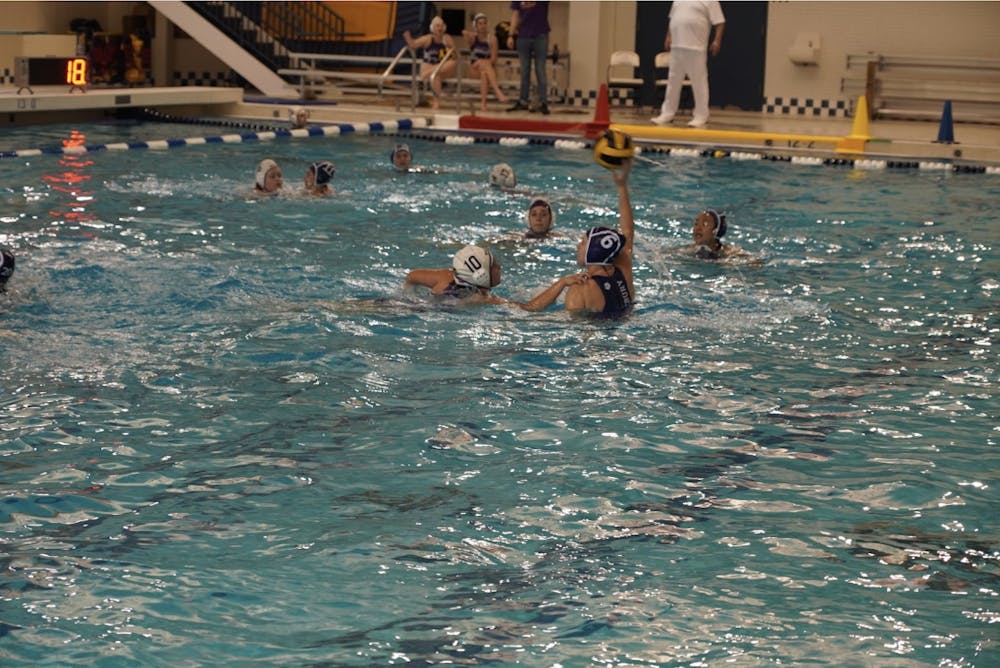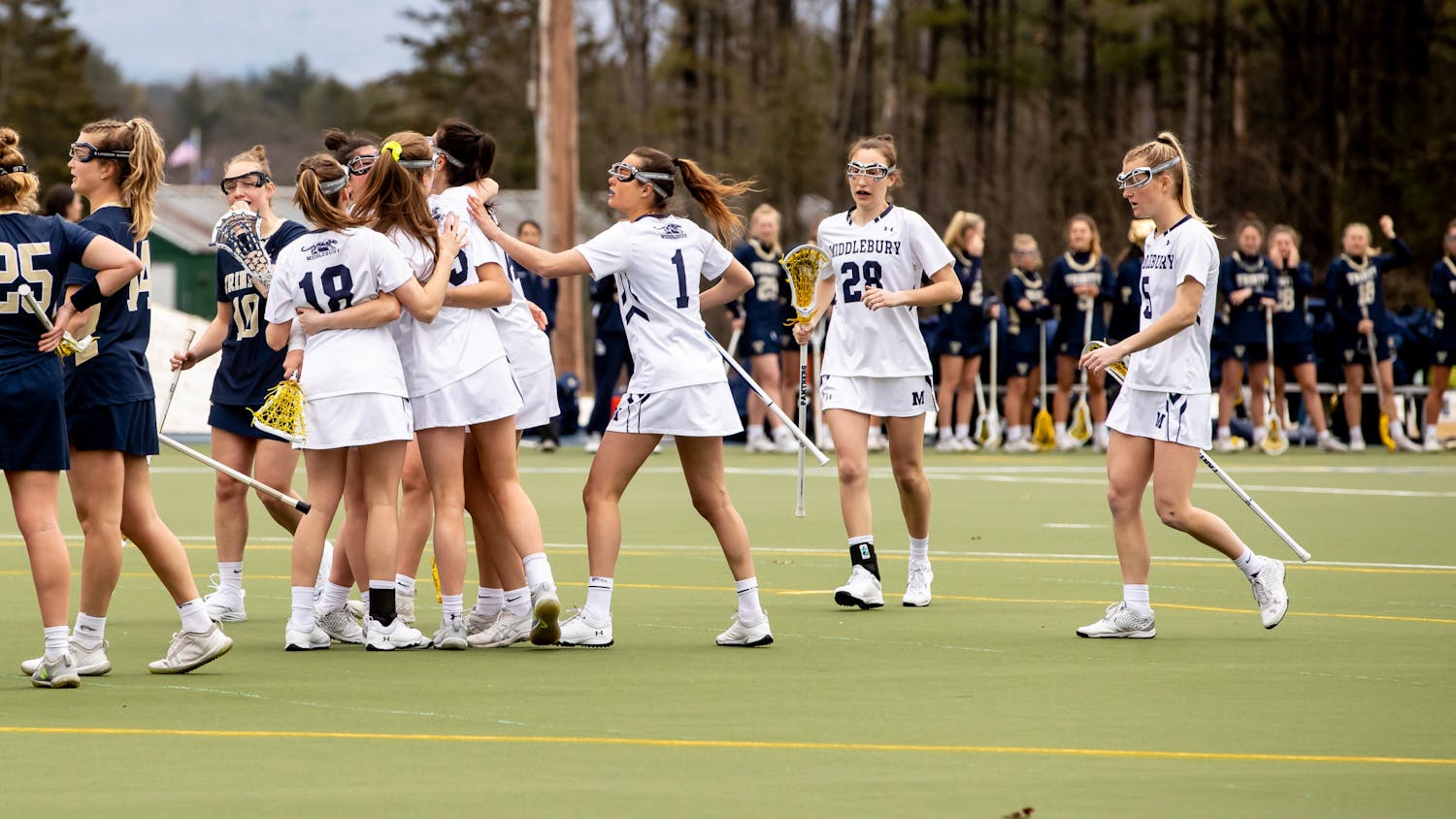During my sophomore season on the water polo team at Middlebury, I sustained a concussion that would permanently alter several different aspects of my life and overall well-being.
In this moment of despair and confusion, I was ushered to the athletic training room because of the severity of the incident. Luckily for me, at this point, I was also a member of the rugby team which had its own trainer. Therefore, I was able to receive immediate medical attention for what ended up being one of the most serious injuries of my life.
But most club sport athletes at Middlebury do not have access to immediate medical care like I did. Why is this the case at an institution that has more than enough resources to be able to provide this type of care for all of its student athletes, regardless of the level they play at?
Although I was lucky to have been a part of another program that has a trainer, my teammates in the water polo organization and other individuals who partake in club sports without trainers would not have been as lucky. Now that I no longer play rugby, I have found myself in the same boat as my water polo teammates. Over the course of the last three years, I have watched as countless water polo players have been unable to access the immediate medical care that is often needed for injuries or incidents that are sustained playing full-contact sports. Besides rugby, crew is the only other sport that has an athletic trainer. Although rugby may be a full-contact sport, and crew athletes are at risk of overuse injuries, water polo players are at just as much of an elevated risk of injury due to the nature of our sport. If you have ever witnessed a water polo match, I am almost certain that you, too, would be questioning the lack of consideration and judgment going into the decision of denying my team and various others necessary medical assistance.
Throughout my three years at Middlebury, I have witnessed teammates experience a wide variety of injuries. Shoulder dislocations, broken fingers and concussions are all commonplace in water polo. Not only do these injuries affect our ability to play, but they also inhibit our daily lives. This is not a sustainable system: I have watched teammates and friends simply ignore substantial injuries because they do not have the means to seek medical attention off campus. Students are required to find not only transport to receive off campus care, but are required to then pay for their own medical expenses and physical therapy if an injury warrants because what should be basic resources are not provided to us.
As a member of an athletic team and organization, there are a few resources and systems in place to ensure that we are able to compete and play in a safe and equitable environment. The school provides us with funding when needed to help subsidize costs of competition and travel, we are required to fill out liability and safety forms when our seasons start, we have school liaisons with whom we can work to have a functional program, and a host of other small resources like this are allotted to us. Despite these existing resources, however, we are being denied basic care and concern by those who oversee our programs. When the club sports office and the administration deny us access to a designated trainer , it is almost as if those in charge of allotting these resources at our institution are saying that our health is secondary to that of other athletes. If we are all paying tuition at Middlebury, it makes no sense to not have existing resources available to all students who need them.
Not only is not having a trainer outright dangerous to the health of our athletes, it also creates barriers for involvement, even when we seek to promote an environment in which anyone who wants to participate can participate. By forcing members of most club sports to seek medical attention off campus, we are also forcing underprivileged and underrepresented students to risk taking on a financial burden that would otherwise be completely out of sight and out of mind. It is completely unfair and unacceptable for students to take on the risk of injury inherent in contact sports without the reassurance that they will receive immediate medical aid if needed.
Why is it that something that is seemingly common sense at other institutions is not taking place in most of the Middlebury club sports world? When other schools from our division come to Middlebury to play, their coaches and players alike are shocked by our lack of medical personnel and medical resources. In fact, by not allowing us access to a trainer, we are disobeying the rules of our league that necessitate medical personal to be on scene at all competitions. On the flip side, when we go to other peer institutions for competitions, they provide resources for their athletes that we would never be able to dream of — first and foremost, trainers for club sport athletes. By not having access to an athletic trainer, countless club sports athletes at Middlebury are losing out on necessary and imperative medical care and are forced to jeopardize their own well-being because the institution they are representing does not believe that it is necessary. I have asked myself time and time again over the past three years, do we just not matter as much as other members of our college community?




